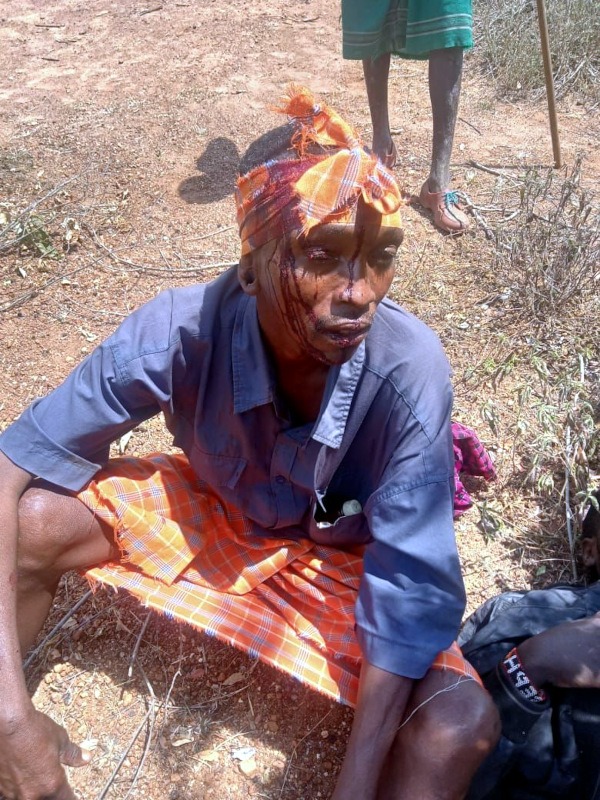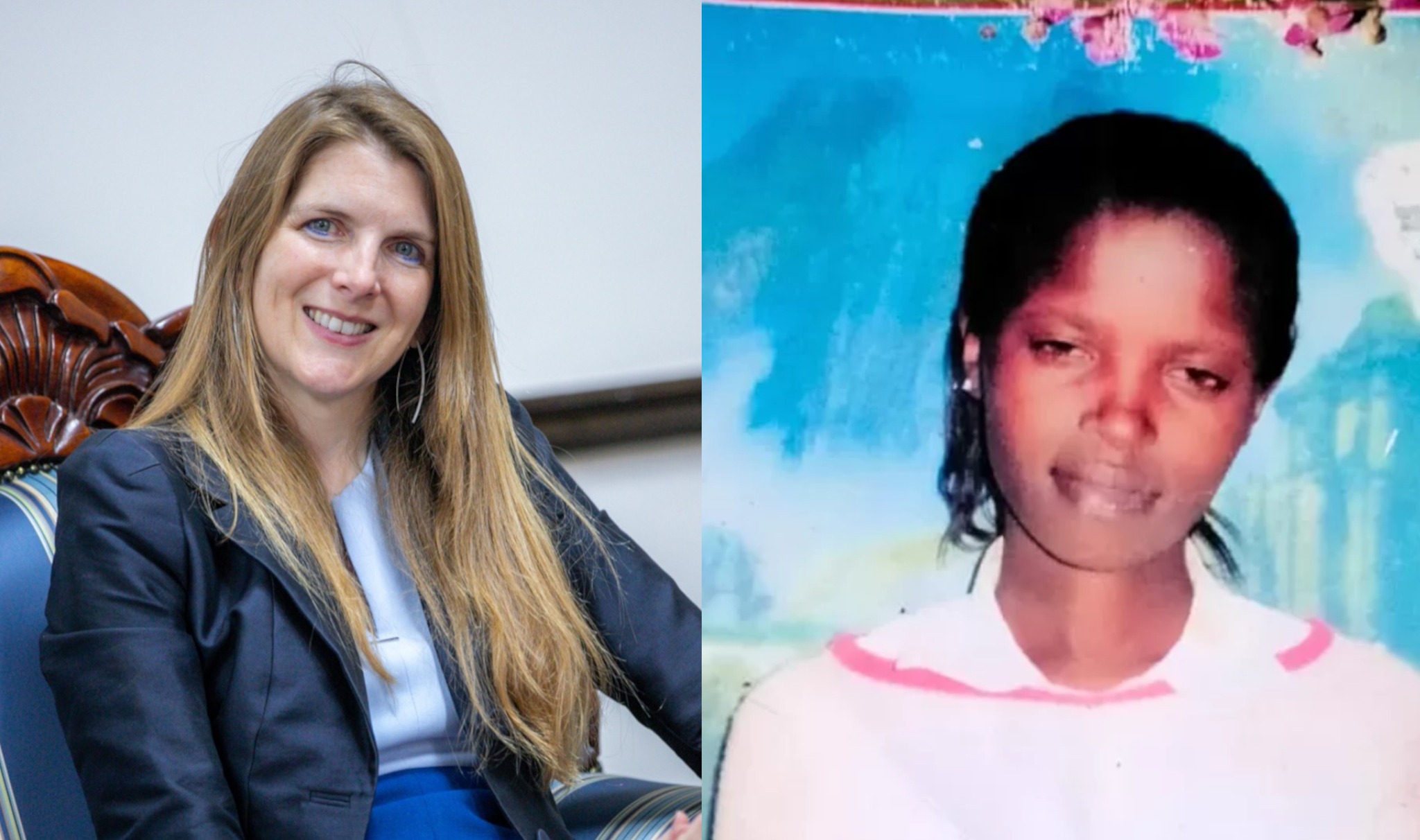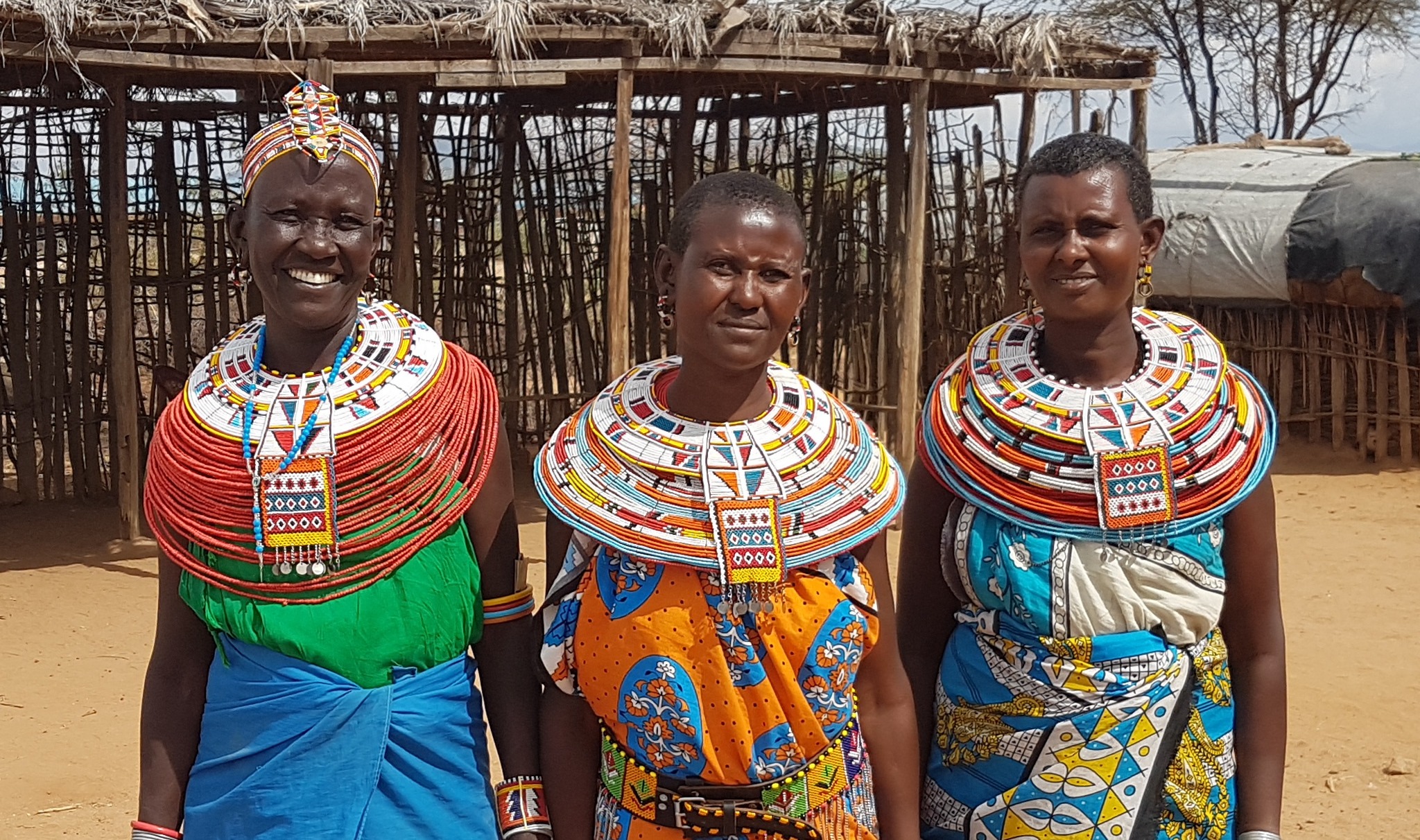It may surprise you to hear that Britain’s right-wing government has a feminist foreign policy, but in some respects it does – even if it is not particularly radical or consistent.
The 2019 Conservative Party manifesto pledged to “include provisions in our new free trade agreements that…advance women’s empowerment.” It also promised to “stand up for the right of every girl in the world to have 12 years of quality education.”
This thinking is partly why Britain stayed in Afghanistan for so long, and refuses to recognise the ultra-patriarchal Taliban regime. It also increasingly manifests itself through the appointment of more female diplomats to senior roles in countries key to British foreign policy, earning praise from Vogue.
Among those high fliers is Jane Marriott, CMG, OBE, who has spent much of the last five years as Britain’s high commissioner to Nairobi. On her watch, the Foreign, Commonwealth and Development Office (FCDO) spent £6m of UK aid on teaching 5,000 “out of school girls” how to read across five Kenyan counties.
Another £7m went on influencing Kenya’s election last year, supposedly “increasing women’s political representation”. Kenya’s national assembly is now 22% female, a slight increase.
Marriott may well be proud of these achievements. But there is a stain on her record that undermines the credibility of all FCDO claims to advance female empowerment in Kenya, especially when it comes to tackling violence against women – and taking action that is directly within Britain’s gift.
Camouflaged Crimes
Agnes Wanjiru, a 21-year-old hairdresser, was brutally murdered in Kenya in 2012. Her stabbed body was stuffed in a hotel septic tank while she was still bleeding out.
No one has ever been convicted of her killing. The closest it came was an inquest in 2019. That found Wanjiru had been murdered by one or two British soldiers, who paid her for sex.
Marriott arrived in Nairobi that year and should have been keenly aware of the coroner’s ruling. She has definitely known about the case since 2021, when it was splashed on the front pages of the Sunday Times.
And yet she has left Kenya and been promoted to Pakistan without any progress seemingly made on Wanjiru’s case.
“Transactional sex is a form of sexual exploitation”
One of Kenya’s largest TV channels devoted a documentary to the Wanjiru travesty on Friday night. NTV’s show, Camouflaged Crimes, broadcast the names and badge numbers of British soldiers who were staying at the hotel the night Wanjiru was murdered.
They also went undercover with call girls in Nanyuki, the town where the UK retains a military base decades after ‘independence’. There, NTV caught a British soldier paying for sex. Not only is that illegal in Kenya, but it was specifically outlawed for UK troops last year following an outcry over Wanjiru’s murder.
While some say sex work is “empowering” for women, the UK military’s new policy believes “transactional sex is a form of sexual exploitation”. The Ministry of Defence (MoD) warns personnel: “Sex workers are frequently trafficked, coerced or underage and often have links to organised crime”.
Renewing the army’s licence
I visited Nanyuki last November, around six months after the ban came into effect. By then, very few hotel or bar staff had even heard of the rule – nor was it being advertised. The British High Commission could easily have done so. It spent £15m marketing condoms in Kenya from 2002-10.
More recently this February, UK troops donated reusable sanitary towels at a Kenyan secondary school and “talked to boys on supporting girls during their periods by creating an enabling environment for the girls (free from ridicule & isolation) to end #periodstigma.”
This might have made soldiers feel good after a night firing white phosphorus over communal land, but it is mission creep. No one in the UK expects their army to supply all the secondary school girls in Laikipia County with tampons. What they do expect is that if a soldier murders a woman on a night out, he is prosecuted for it.
And if that means getting extradited to a country where the prison conditions are worse than here, then so be it. When you have seen the slum conditions in which Wanjiru’s daughter Stacey is growing up – after losing her mum aged five months old – sympathy is hard to find.
Perhaps if Marriott had gone to visit the family’s home, she would have been more motivated to crack the case. Marriott may feel it was not her job as high commissioner. (She did not respond to requests for comment. The MoD told me jurisdiction “lies with the Kenyan police.”)
But Marriott did actively help the British army renew its licence to train in Kenya for another five years, thereby depriving the Wanjiru family of their best bargaining chip.
She frequently attended high level meetings with ministers to ensure the deal was refreshed – after all, the military base in Nanyuki is one of the Foreign Office’s top priorities in Kenya.
Dodgy development
The UK’s aid projects have done little to help victims of British army abuses in Kenya, who often demand reparations rather than charity. NTV went to schools around Archers Post, near where the UK literacy project is active, and spoke to teachers about the British army.
The staff said they had to teach children as young as five how to identify unexploded mortars left behind by the UK military, so they don’t get blown up. School boys were found with a bag of 16 bombs. When it rained, the soil was washed off the playground and another one was found.
Even when the UK tries to directly address violence against women and girls in Laikipia, that can backfire. The army spent £50,000 setting up a special desk at Nanyuki police station for women to report gender-based violence.
“Women are afraid to file reports there against British soldiers”
By all accounts, women are afraid to file reports there against British soldiers because they think the police unit is biased towards its funders.
Another scheme emerged a few hours before NTV broadcast Camouflaged Crimes on Friday, when the British army’s Twitter account began boasting about donating 60 mattresses to the Wamba Nomadic Girl Child Rescue Center in Samburu County.
To reach Wamba by road from Nanyuki, the British army would have had to drive past Umoja, an entire village set up by Samburu women who claim they were raped by UK troops. When I visited last year, the women told me no one from the British authorities had ever come to hear their testimony – and certainly not Jane Marriott.
In addition to the women at Umoja, there are thousands of farmers who lost crops and animals when British troops sparked a massive fire during an exercise at Lolldaiga in 2021. The blaze was so ferocious it contributed to 7% of the military’s annual carbon footprint.
And yet more than two years later, the victims are still waiting for compensation despite a series of hard-fought court verdicts in their favour. Many wonder why they are left in limbo, while the army dishes out aid at random in other locations.
British military exercises continue at Lolldaiga, which is supposedly a wildlife conservancy. In November, the simulated battlefield noise caused elephants to rampage out of the area and trash polytunnels built by the Nabulu women’s project, which depends on the structures to grow the aloe vera it uses to manufacture soap.
After another training session at Lolldaiga this month, a spooked lion charged through the neighbouring Maasai community of Kimugandura, mauling three people.

Protesters beaten
Even among those Kenyans who believe the British army brings them jobs, disillusion is setting in. Kelvin Githinji Maina worked at the barracks as a cleaning contractor, earning about £4.40 a day.
Upset at not getting called back for more shifts, he went to protest outside the base on Thursday 6 July with other angry Nanyuki residents.
The base’s main gate is manned by G4S, who stand in a lay-by several lanes back from the main road protected by concrete blast barriers. G4S has told me the protesters did not leave the main road. They stayed on the highway where photos show they burned some tyres – typical of Kenyan protests.
The local police arrived and allegedly fired tear gas and even live ammunition. Fortunately no one was killed, but Maina and five others were arrested. He alleges they were badly beaten by the police.
“We still haven’t seen justice for her family”
I’ve seen images of what appear to be his injuries and a medical report of severe nerve damage to his back. The protesters spent the whole weekend in police custody until the court opened on Monday.
They were charged with inciting violence and held on remand in overcrowded jail conditions. Maina, a father of two, was able to raise enough money to make bail and tell me his story, but most of the others remain behind bars – possibly for months until the case goes to trial.
“The British army base was a good place, but not now,” Maina said. “They do more bad things than the good they bring. And they killed one of us,” he added, referring to Wanjiru. “We still haven’t seen justice for her family.”
Meanwhile Marriott is moving onto bigger things. As Britain’s new high commissioner in Pakistan, she’ll be responsible for counter-terrorism in the country that UK intelligence believes is most likely to produce another 9/11 style attack.
If you hope Marriott’s replacement might get justice for Wanjiru, don’t hold your breath. It’s Neil Wigan, the outgoing ambassador to Israel, who has acquiesced in years of human rights abuses against Palestinians.
***
Update: After this article was published, a Ministry of Defence spokesperson said: “We are aware of protests which took place outside British Army Training Unit Kenya (BATUK) on 6th July. The demonstration took place on the public highway outside of BATUK, and as such the Kenyan Police had primacy throughout. Due to the risk presented by violent protests to civilian and military personnel, and in accordance with local law and practice, the Kenyan Police were informed via the Kenyan Police Liaison Officer on site.
“It would be inappropriate for the UK MOD to comment on the practices of the Kenyan Police without the required evidence.”



